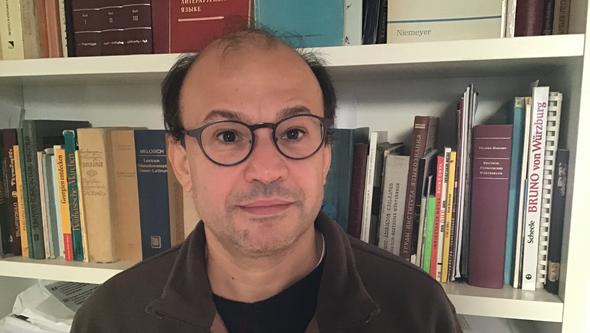Image

Photo: Maria Vonotna/iStock
Toward a history of a Western loanword: CRISIS as a starting point or as a dead end in Russian and beyond
Culture and languages
Guest lecture by Vittorio Springfield Tomelleri (Università di Torino) in the research area Language in society. All interested are welcome.
Lecture,
Seminar
